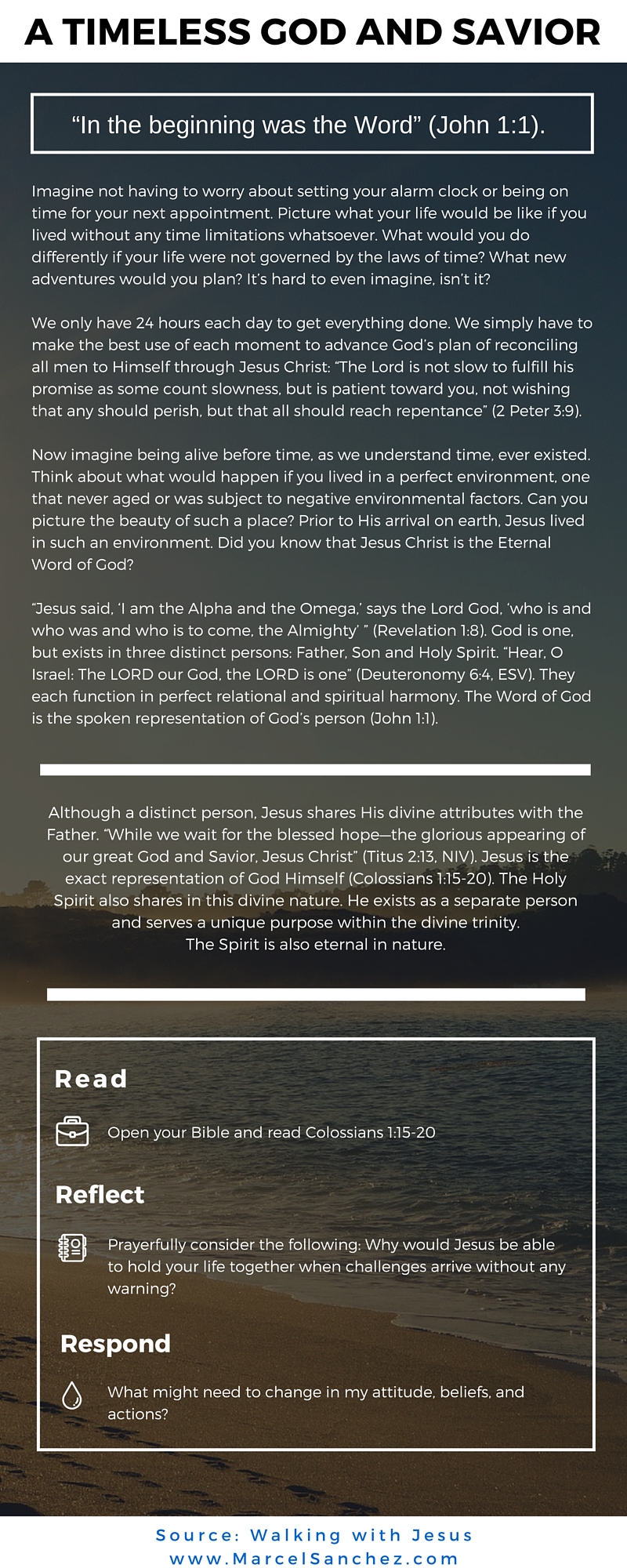“And this is the testimony of John, when the Jews sent priests and Levites from Jerusalem to ask him, ‘Who are you?’ He confessed, and did not deny, but confessed, ‘I am not the Christ.’ And they asked him, ‘What then? Are you Elijah?’ He said, ‘I am not.’ ‘Are you the Prophet?’ And he answered, ‘No’ ” (John 1:19-21).
Have you ever had someone mistake you for another person? You may closely resemble a family member, or a friend from their past. They walk up to you and ask, “Aren’t you _________________?” You say, “I am not.” If they feel confident, they many ask you again. At that time you would respond, “I am not,” while smiling graciously.
No doubt some were confused about John the Baptist. They knew he was a prophet from God. His message was direct and convicting. Could he be the Messiah? They also knew that the prophet Elijah was supposed to return someday, and John lived in the wilderness and ate strange things like Elijah used to do. Maybe John was really Elijah in disguise!
Sometimes the best way to help people understand who you are is to describe who you are not. So John says clearly, “I am not the Christ.” As for the prophet Elijah who will return before the second coming of Christ, John made that clear as well: he was not Elijah. “The Prophet” in this passage points to the Messiah, Jesus. Again, John’s answer is clear. He is not the Christ, he is not Elijah, and he is not the Prophet.
It is good for us to know who we are not. Since Satan wants to enslave us to our past, it is important for us to remind ourselves of who we are not. It also helps to know who we are no longer trying to be. Consider reading these five statements out loud to serve as a good reminder:
1. “I am not the same person today as I was before accepting Jesus.”
2. “I am not a slave to sin. I am now a slave of the Lord Jesus.”
3. “I am not a liar. I won’t lie or try to manipulate others to get my way.”
4. “I am not trying to be famous. I want Jesus to shine through my life.”
5. “I am not a product of my past. In Christ, I am a product of the cross.”
Read: Open your Bible and read Romans 11:25-27.
Reflect: Prayerfully consider the following: Have I allowed my heart to be “partially” hardened? Am I trying to be someone who I am not? Which reminder would I say is a challenge for me to verbalize and practice?
Respond: As a result of these truths, what might need to change in my attitude, beliefs, and actions? What steps do I need to take outwardly?
The source of this content comes from our book, Walking with Jesus.





